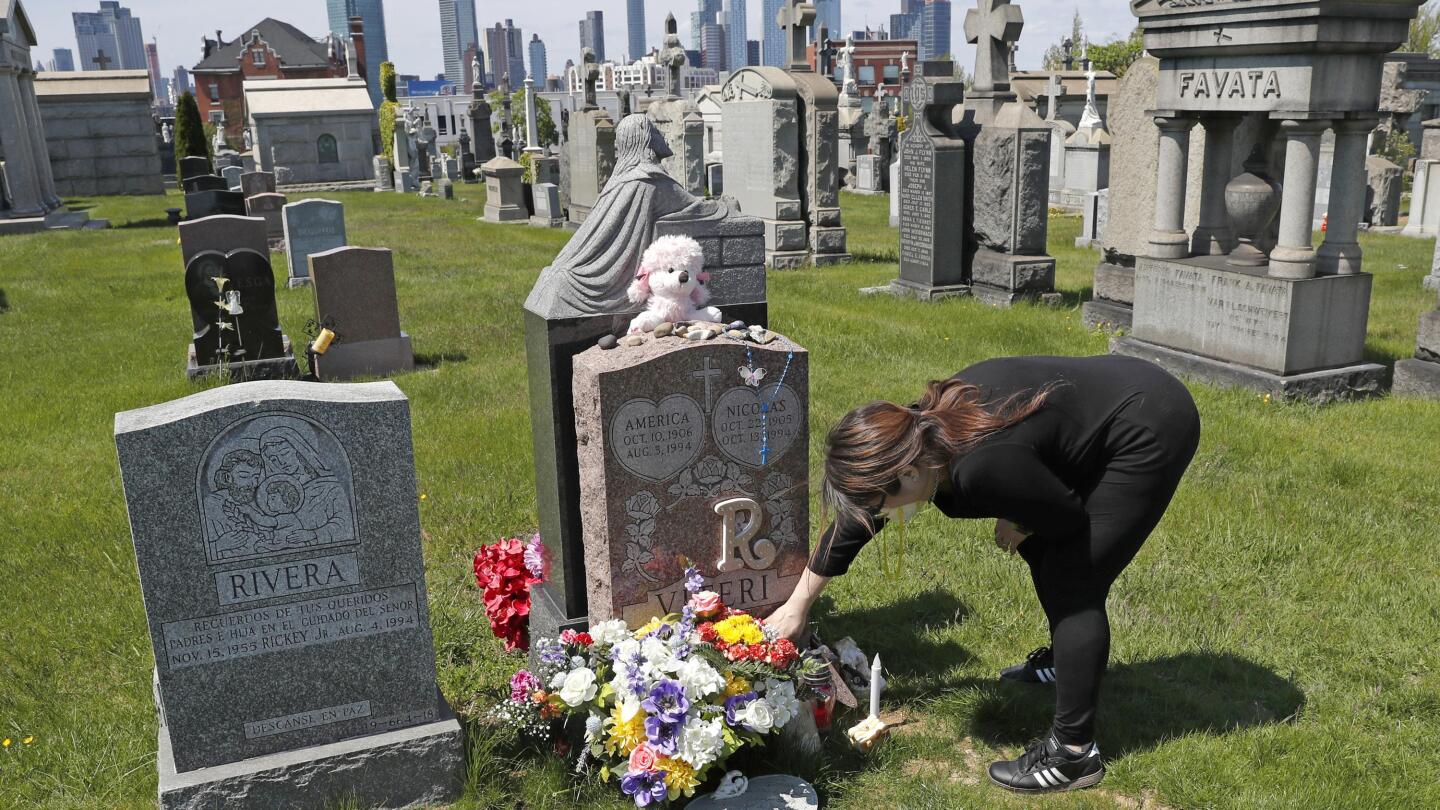- Joined
- Aug 21, 2009
- Messages
- 14,776
- Reaction score
- 5,117
- Location
- Pindostan
- Gender
- Male
- Political Leaning
- Other
Overdose deaths soared to a record 93,000 last year in the midst of the COVID-19 pandemic, the U.S. government reported Wednesday.
That estimate far eclipses the high of about 72,000 drug overdose deaths reached the previous year and amounts to a 29% increase.
“This is a staggering loss of human life,” said Brandon Marshall, a Brown University public health researcher who tracks overdose trends.
The nation was already struggling with its worst overdose epidemic but clearly “COVID has greatly exacerbated the crisis,” he added.

US overdose deaths hit record 93,000 in pandemic last year
Overdose deaths soared to a record 93,000 last year in the midst of the COVID-19 pandemic. The government estimate released Wednesday eclipses the 72,000 drug overdose deaths in 2019 and amounts to a 29% increase.
I don't take pleasure in this carnage. It's tragic, and I really feel for the families--parents, grandparents, siblings, children--the survivors who are left to pick up the pieces. I know this is a cynical way to look at the problem, but this is a simple matter of reason: demand for drugs should drop if the customers keep dying. We largely give addicts a pass in this country. They're sick and not accountable: "My back hurt and the drug companies fed me opioids. They got me addicted." "I was sexually abused as a child and buried myself in drugs to escape." "I suffered PTSD in the war and the drugs help me cope." My answer: Shut the **** up already! So you're an addict. You may have chosen to be one. You can choose to be sober. And yet you choose not to because your drugs are more important to you than anything else in your life! When you lose custody of your kids thanks to a meth addiction, you don't blame yourself. It's always someone else's fault. You claim you love your children "more than anything else"? No, you don't. You love your drugs more!
So while the death of a drug addict is a tragedy, so is the death of child killed by a stray bullet in a drug turf war. I'm going to save my tears for the kid.
Last edited:
